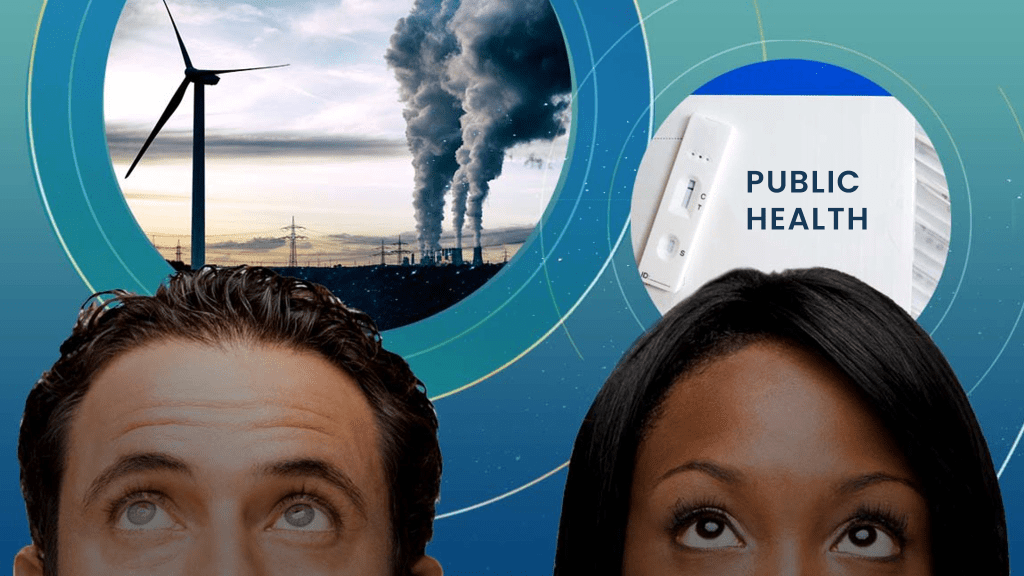Then, in 1948, in a radical departure from previous definitions, the World Health Organization (WHO) proposed a definition that aimed higher, linking health to well-being, in terms of “physical, mental, and social well-being, and not merely the absence of disease and infirmity” Although this definition was welcomed by some as being innovative, it was also criticized for being vague and excessively broad and was not construed as measurable.
Thus:
Public health is “the science and art of preventing disease, prolonging life through promoting health and improving quality of life via the organized efforts and informed choices of society, organizations, public and private, communities, and individuals”.

Public health is related to global health which is the health of populations in the worldwide context. It has been defined as “the area of study, research, and practice that places a priority on improving health and achieving equity in “Health for all” people worldwide”. International health is a field of health care, usually with a public health emphasis, dealing with health across regional or national boundaries. Public health is not the same as public healthcare (publicly funded healthcare).
Analyzing the determinants of the health of a population and the threats it faces is the basis for public health. The public can be as small as a handful of people or as large as a village or an entire city; in the case of a pandemic, it may encompass several continents. The concept of health takes into account physical, psychological, and social well-being.

